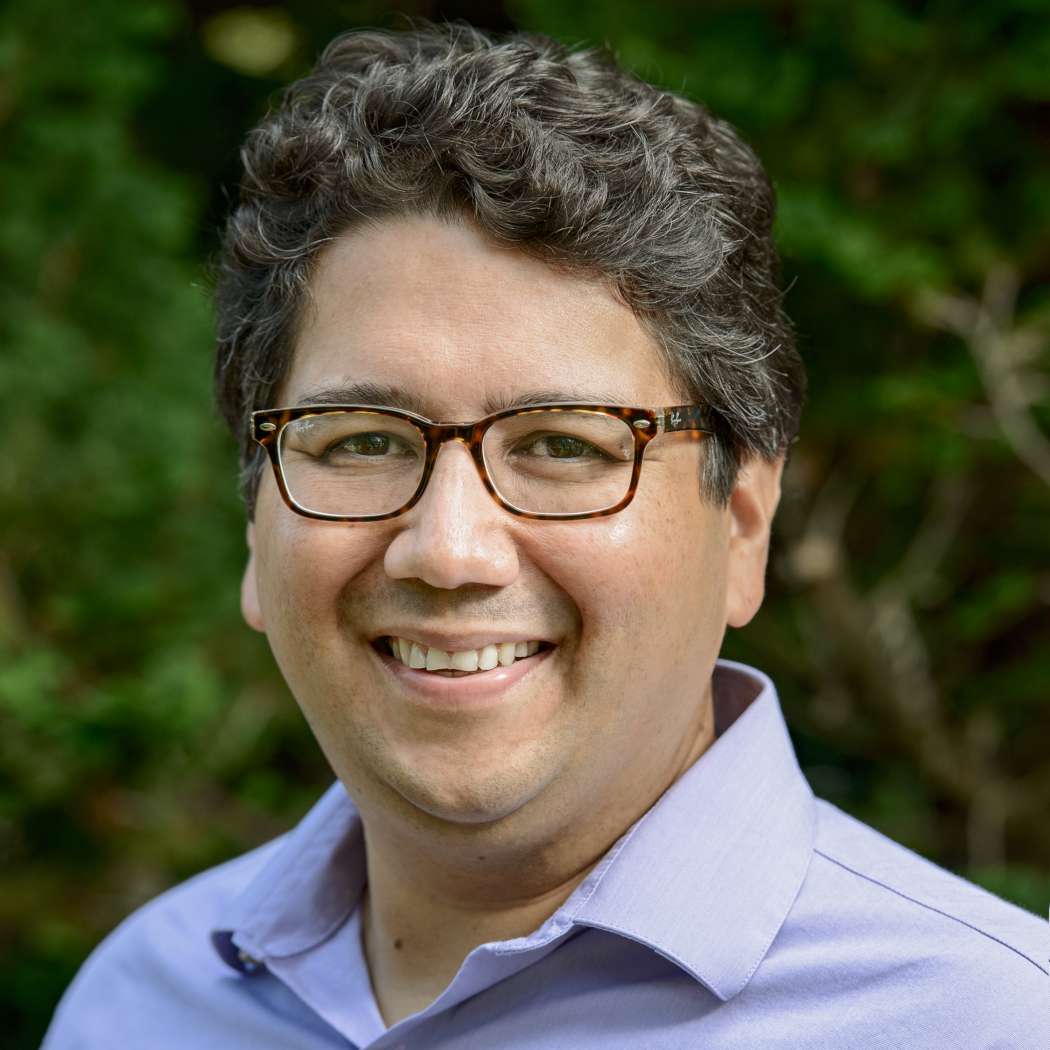Article de blog
Common Cause Fights for Redistricting Reform in U.S. Supreme Court
Common Cause and Common Cause Illinois signed amicus briefs in a U.S. Supreme Court case that threatens citizen efforts to end the undemocratic practice of congressional gerrymandering. In 2000, Common Cause was one of the leaders of a successful effort to pass Prop 106 in Arizona. This ballot initiative created the Arizona Independent Redistricting Commission (AIRC), a group of citizens selected to redraw the state’s congressional and state legislative districts after each census.
In an effort to end the partisan games that dominated the redistricting process in previous decades, Prop 106 required that members of the AIRC cannot be elected officials or have other conflicts of interest. They must prioritize criteria that promote fair districts such as keeping communities of interest together and drawing competitive districts. Considering the residence of an incumbent or candidate is prohibited.
In 2012, the Arizona State Legislature sued the AIRC in federal court. The Legislature claimed that the U.S. Constitution allows only legislatures to draw congressional districts and prohibits an impartial group of citizens from doing so. Although the AIRC won in federal district court, the U.S. Supreme Court agreed to hear the Legislature’s appeal.
If the U.S. Supreme Court rules in favor of the Arizona Legislature, reform efforts around the country to fix Washington’s broken politics would be stopped dead in their tracks. The first result would be to strip the AIRC of its power to draw Arizona’s congressional lines. The same fate would await California’s Citizens Redistricting Commission, another independent entity created by ballot initiative that has ended the gerrymandering of congressional districts in that state. In both cases, power would return to partisan legislators. Efforts to pass ballot initiatives or legislation bringing transparent and impartial congressional redistricting to other states, many of which have America’s most gerrymandered districts, would end immediately because of the likelihood of a successful court challenge.
With the right to fair representation at stake, the solicitor general of the United States along with a strong bipartisan coalition of current and former elected officials, democracy advocates, and academics filed briefs in support of the AIRC and citizen-driven reform. Oral arguments will take place on March 2. Briefs are listed below.
Merits Brief
Common Cause Amicus Briefs
- Common Cause, Campaign Legal Center, the League of Women Voters of the United States, the American Civil Liberties Union, and Democracy 21
- Illinois Reformers: Common Cause Illinois, Former Gov. Jim Edgar, Former Lt. Gov. Sheila J. Simon, Former Lt. Gov. Corinne J. Wood, Peter B. Bensinger, Ronald Gidwitz, Newton N. Minow, CHANGE Illinois, Illinois Campaign for Political Reform, League of Women Voters of Illinois, and Citizen Advocacy Center
Other Amicus Briefs
- U.S. Solicitor General
- The states of Washington, California, Colorado, Connecticut, Hawaii, Idaho, Massachusetts, Mississippi, New Mexico, New York, Oregon, Pennsylvania, and Virginia
- Former California Governors George Deukmejian, Pete Wilson, and Arnold Schwarzenegger; Charles T. Munger, Jr.; Bill Mundell; and the California Chamber of Commerce
- Members of Congress: Julia Brownley (D-Cal.), Ken Calvert (R-Cal.), Steve Cohen (D-Tenn.), Jim Cooper (D-Tenn.), Rodney Davis (R-Ill.), Keith Ellison (D-Minn.), Alan Grayson (D-Fla.), Raul Grijalva (D-Ariz.), Richard Hanna (R-N.Y.), Duncan D. Hunter (R-Cal.), Derek Kilmer (D-Wash.), Zoe Lofgren (D-Cal.), Alan Lowenthal (D-Cal.), Tom McClintock (R-Cal.), Mark Meadows (R-N.C.), Beto O’Rourke (D-Tex.), David E. Price (D-N.C.), Tom Reed (R-N.Y.), Reid Ribble (R-Wis.), and Dana Rohrabacher (R-Cal.)
- State and Local Elected Officials: Michael Bloomberg, Lincoln Chaffee, Terry Goddard, Christine Gregoire, Gary King, Rob McKenna, Janet Napolitano, Martin O’Malley, Sam Reed, Ed Rendell, Jim Regnier, Dennis Vacco, Grant Woods, and Kim Wyman
- California Citizens Redistricting Commission
- League of Women Voters of Arizona, Inter Tribal Council of Arizona, Arizona Advocacy Network, Dennis M. Burke, and Bart Turner
- Brennan Center for Justice at N.Y.U. School of Law
- Law Professors and Political Scientists: Nathaniel Persily, Bruce E. Cain, and Bernard Grofman
- Congressional Scholars: Thomas Mann and Norman Ornstein
- Scholars and Historians of Congressional Redistricting: Justin Levitt, J. Morgan Kousser, and Peter H. Argersinger
- Historians of Early America: Richard R. Beeman, Alexander Keyssar, Peter S. Onuf, and Rosemarie Zagarri
